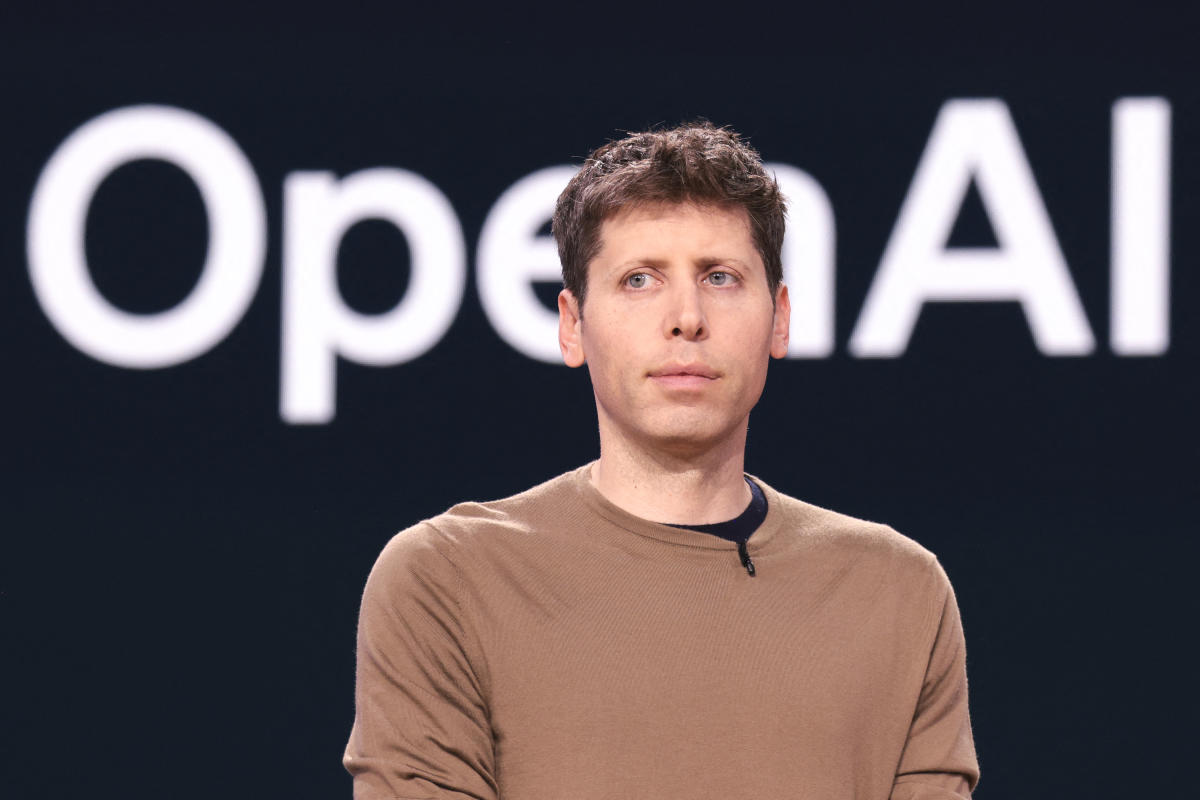In the world of royal gossip, few stories captivate like the ongoing saga of Meghan Markle and Prince Harry.
Recently, an intriguing question has surfaced: Did Meghan Markle instruct her staff to publicly defend her in the media?
This speculation has been fueled by a series of articles highlighting contrasting experiences of those who have worked with the couple.
Let’s dive into this unfolding drama.
The Hollywood Reporter recently published a piece that painted Meghan as a “demon boss,” igniting a firestorm of commentary.
Just a day later, US Weekly released an article featuring testimonies from current and former staffers, offering a very different narrative.
These individuals spoke openly about their experiences, shedding light on what it’s like to work for the Duchess and Duke of Sussex.
Among those sharing their insights was Ben Brown, a former employee, who described his time with Meghan and Harry as overwhelmingly positive.
He emphasized that he remains friends with them, suggesting a supportive work environment.
Similarly, a previous chief of staff highlighted the meaningful connections formed during her tenure, further reinforcing the notion of a nurturing workplace.
Josh Ketlow, one of the latest departures from their team, echoed these sentiments.
He praised the couple for their warmth and dedication.
Ashley Hansen, a current staff member, recounted a touching story of support during her recovery from surgery, detailing how Meghan sent flowers and care packages, demonstrating genuine concern for her well-being.
However, not all narratives align.
A former COO pointed out the irony of having to publicly defend Meghan amidst a barrage of negative press.
This raises an important question: Why are these staff members speaking out now, and why are they allowed to do so without fear of repercussions?
Reflecting on personal experiences, the host shared insights from a visit to Montecito last year.
During their interactions with locals, there was a palpable reluctance to comment on Meghan and Harry.
Many people seemed intimidated, possibly due to non-disclosure agreements (NDAs) or fear of backlash.
The stark contrast between the public’s silence and the staff’s vocal endorsements is striking.
In light of these observations, the host posed a provocative theory: perhaps Meghan has indeed orchestrated this public defense.
If the locals felt constrained to speak positively, why are these staffers seemingly free to share their glowing reviews?
It suggests a level of control or permission that raises eyebrows.
The conversation also touched upon a critical point raised by journalist Angelo Levin.
If Meghan truly is the exemplary boss her employees claim, why have nearly 20 staff members departed in recent years?
This contradiction casts doubt on the narrative being spun in the media.
As the discussion unfolded, it became clear that the dynamics surrounding Meghan and Harry are complex.
The host’s experiences and the testimonies of their staff prompt further inquiry into the authenticity of these endorsements.
Are they sincere expressions of gratitude, or are they part of a larger strategy to reshape public perception?
The situation continues to evolve, leaving many questions unanswered.
Whether these staffers are genuinely defending Meghan or if they are acting under her directive remains a topic of debate.
The royal couple’s image hangs in the balance, with every revelation adding another layer to this intricate story.
As more details emerge, it will be fascinating to see how this narrative develops.
The interplay between public opinion and private experiences offers a unique glimpse into the lives of Meghan and Harry, illuminating the challenges they face in their quest for acceptance and understanding.
Related Stories

